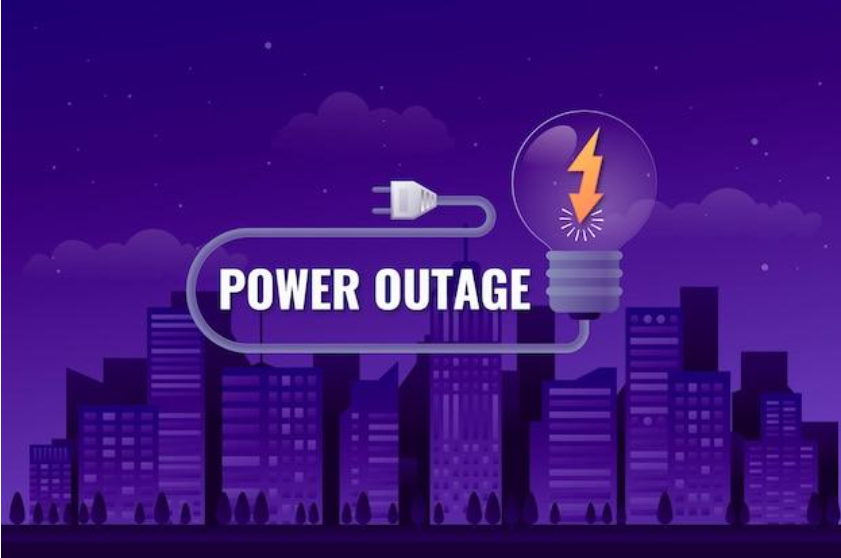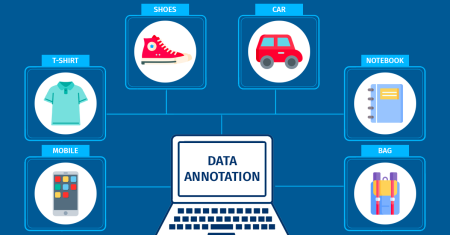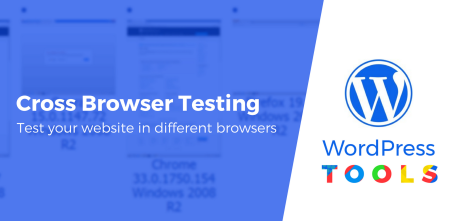Companies struggle with unpredictable utility costs. Rising business gas prices and fluctuating electricity bills make it difficult to plan budgets effectively. Utility Bidder helps businesses compare business utilities and secure competitive rates. However, optimizing energy usage requires more than finding the right supplier. Companies must adopt strong energy management strategies to improve energy efficiency, cut energy costs, and achieve significant savings.
Using energy management software, installing smart meters, and reviewing energy consumption can help reduce usage. This article explores key strategies for businesses to lower their energy bills, including audits, technology solutions, and procurement methods.
How Businesses Can Reduce Utility Costs and Improve Energy Efficiency
Rising energy prices directly affect business utility costs, making it crucial for companies to monitor and optimize their energy usage. Many businesses struggle with high bills due to inefficient HVAC systems, outdated heating and cooling systems, or poor energy management. To cut energy costs, businesses should evaluate their energy consumption and implement cost-saving strategies.
Companies can benefit from comparing energy suppliers and using a commercial utility broker to secure the best energy prices. Energy comparison tools help organizations analyze business electricity rates, business gas prices, and overall energy costs.
Conducting Comprehensive Energy Audits
A business energy audit identifies inefficiencies in energy usage and highlights areas for improvement. Companies that conduct regular audits can reduce consumption by 10-40%, depending on their current energy efficiency measures. These audits assess heating and cooling systems, lighting, and HVAC systems, helping businesses optimize energy management strategies.
During an audit, experts analyze business consumption and utility bills to identify excessive energy costs. For example, a company with outdated HVAC systems could lose thousands of dollars annually. Implementing upgrades after an audit ensures businesses maintain operational efficiency while cutting energy costs.
Using Energy Management Software for Cost Control
Energy management software tracks energy usage in real-time, helping businesses monitor their and business energy bills. Companies using these tools can detect unnecessary energy waste and adjust their consumption accordingly.
For instance, businesses that invest in smart meters see a bill reduction of up to 15%. These meters provide accurate data, allowing businesses to compare business utilities and optimize their energy supplier contracts. Automated systems also help reduce consumption by controlling lighting and HVAC systems based on actual occupancy and weather conditions.
Comparing Business Utility Suppliers for Better Pricing
Many businesses overpay for energy due to insufficient comparison between energy suppliers. Business energy comparison services help companies find better deals on business electricity rates and business gas prices. A commercial utility broker negotiates contracts, ensuring businesses get competitive rates.
For example, switching to a lower-cost energy supplier can save businesses up to 20% annually. Reviewing contracts regularly and analyzing utility costs help companies cut energy costs significantly. Businesses should also consider renewable energy options to lock in stable rates and avoid market fluctuations.
Reducing Energy Consumption with Smart Technologies
Implementing smart technologies in workplaces reduces energy usage while improving operational efficiency. Motion-sensor lighting, energy-efficient appliances, and automated HVAC systems help companies maintain energy efficiency.
For example, LED lighting uses 75% less energy than traditional bulbs. Businesses installing smart thermostats reduce heating and cooling costs by 10-15%. Combining these technologies with energy management strategies ensures businesses save money on bills.
Optimising Heating and Cooling Systems for Efficiency
Heating and cooling systems account for nearly 40% of a company’s energy costs. Inefficient HVAC systems increase bills, leading to unnecessary expenses. Regular maintenance and system upgrades help businesses maintain operational efficiency.
For example, companies using programmable thermostats save up to 10% on heating and cooling costs. Businesses should also seal air leaks and improve insulation to prevent energy waste. These minor adjustments significantly reduce business energy usage and cut energy costs.
Adopting Renewable Energy for Long-Term Savings
Switching to renewable energy sources helps businesses reduce consumption and lower operational costs. Solar panels, wind energy, and hydroelectric power provide stable energy prices, protecting businesses from market fluctuations.
Companies investing in solar panels save up to 75% on bills over 25 years. Additionally, government incentives and tax credits help offset installation costs. Businesses committed to sustainability improve their brand reputation while saving money on energy expenses.
Using Data Analytics to Improve Efficiency
Data analytics allows businesses to track their energy consumption and identify patterns. Companies using energy analytics can optimise energy consumption by adjusting operational schedules and equipment usage.
For instance, manufacturers analysing production data can shift high-energy tasks to off-peak hours, reducing bills. Businesses tracking seasonal energy patterns can adjust heating and cooling settings to lower business energy costs.
Employee Engagement in Energy-Saving Initiatives
Employee behavior plays a crucial role in energy consumption. Encouraging staff to turn off unused equipment, reduce unnecessary lighting, and report energy waste can cut energy costs significantly.
Companies with energy-saving programs see a 5-10% reduction in business energy usage. Providing incentives for energy-saving actions motivates employees to be mindful of bills and utility costs.
Key Ways Businesses Can Cut Energy Costs
- Compare business utilities to find the best energy supplier rates.
- Use smart meters to track business energy consumption accurately.
- Upgrade HVAC systems to improve heating and cooling efficiency.
- Adopt renewable energy to stabilize long-term energy prices.
- Leverage energy management software to optimize efficiency.
Business Energy Savings with Different Strategies
| Strategy | Potential Savings |
| Energy audits | 10-40% reduction in energy costs |
| Smart meters | Up to 15% lower bills |
| LED lighting | 75% less energy usage |
| Smart thermostats | 10-15% reduction in heating and cooling costs |
| Switching suppliers | Up to 20% savings on utility bills |
| Solar panels | 75% lower bills over 25 years |
| Employee engagement | 5-10% lower business energy consumption |
Final Words
Reducing energy costs requires businesses to adopt efficient energy management strategies. Conducting audits, investing in technology, and switching energy suppliers help cut energy expenses while improving sustainability. Companies actively monitoring energy consumption can achieve significant savings and maintain operational efficiency. Implementing these strategies ensures businesses save energy and reduce overall utility costs.













